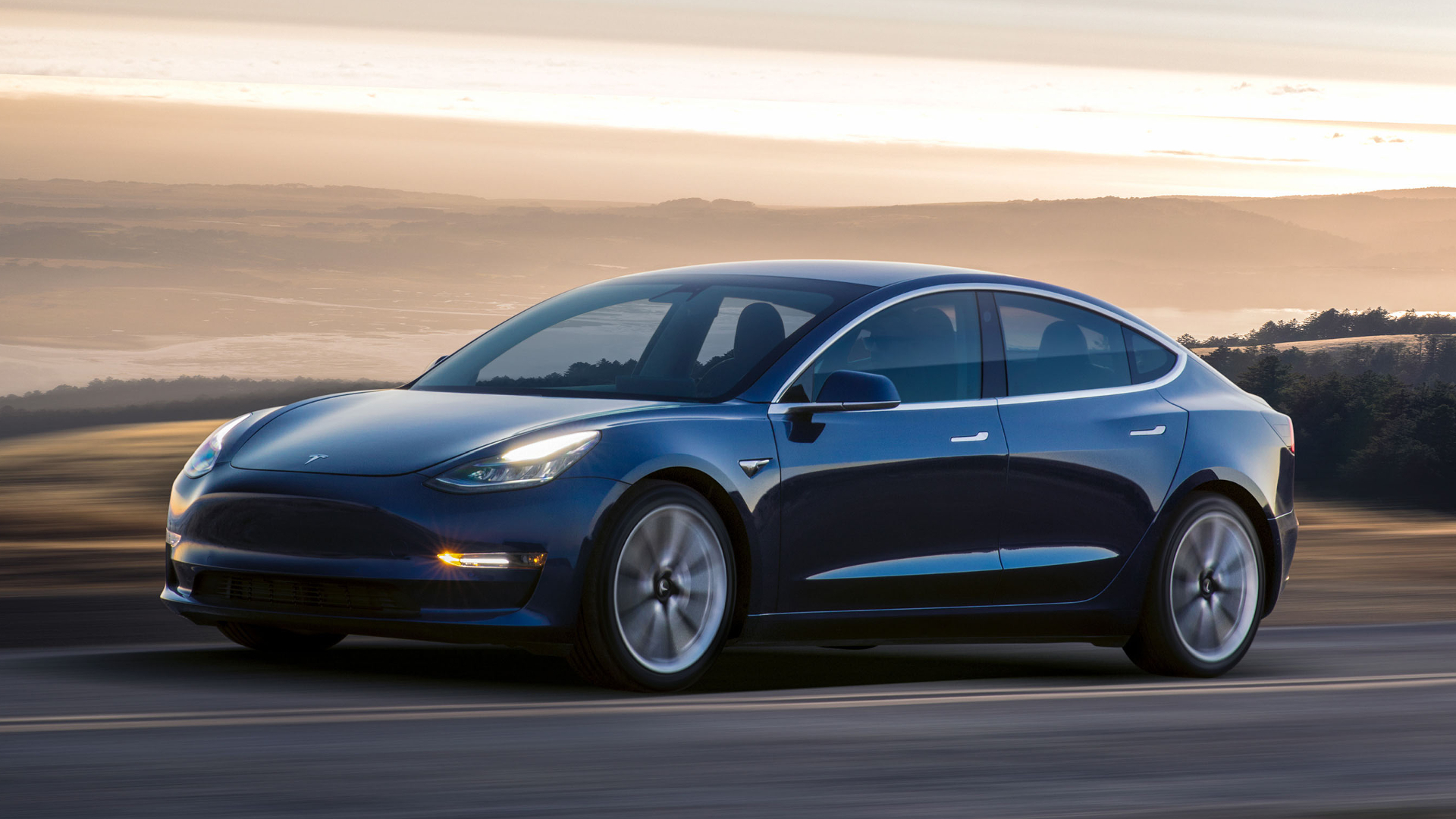

Tesla has struggled to ramp up production of its mass-market Model 3, but CEO Elon Musk appears to be doubling down. He previously set a goal of producing 5,000 cars per week by the end of the second quarter of this year, but now wants to dial production up to 6,000 cars per week by June, reports say.
To do that, Model 3 assembly lines will run 24/7, Musk said in an email to employees that has circulated among multiple media outlets. We reached out to Tesla about the email, but a representative declined to comment on it.
Musk reportedly said in the email that Tesla has just completed three straight weeks of producing at least 2,000 Model 3s per week. Last week, the company built 2,250 Model 3s, he said, along with 2,000 Model S and Model X electric cars. A series of factory upgrades that are expected to halt Model 3 production for a few days beginning this week will allow Tesla to boost output, Musk added. By next month, he expects Model 3 production to reach 3,000 to 4,000 units per week.
A second set of factory upgrades will allow Tesla to reach 6,000 units per week by the end of June, Musk reportedly said in the email. To hit that target, Musk reportedly declared that all Model 3 production at Tesla’s Fremont, California assembly plant “will move to 24/7 operations.”
Tesla will add another shift to general assembly, body, and paint, and will be adding 400 workers per week “for several weeks” to accommodate this, Musk reportedly said. In addition, both Tesla and its suppliers may be expected to produce 850 sets of car parts in 24 hours no later than June 30.
Overshooting the previous production goal by 1,000 cars per week is necessary to account for potential issues in Tesla’s complex supply chain, Musk reportedly said in the email to employees. If Tesla encounters more problems while aiming for 6,000 cars a week, it could still slow down and meet the previous 5,000-car goal. While all of this is supposedly happening, Musk also wants to drive Tesla toward profitability.
“A fair criticism leveled at Tesla by outside critics is that you’re not a real company unless you generate a profit, meaning simply that revenue exceeds costs,” Musk reportedly wrote in the email, adding that any expenditure over $1 million for the next year must be personally approved by him.
In the drives for both higher production volume and profitability, Musk appears to view outside contractors and suppliers as the main obstacle. In the email, he complained of a “Russian nesting doll” of contractors and subcontractors inflating costs and questioned whether suppliers could meet Tesla’s scheduling and quality demands. Musk has always liked to do as many things in-house as possible, but it remains to be seen whether that alone will achieve his goals.